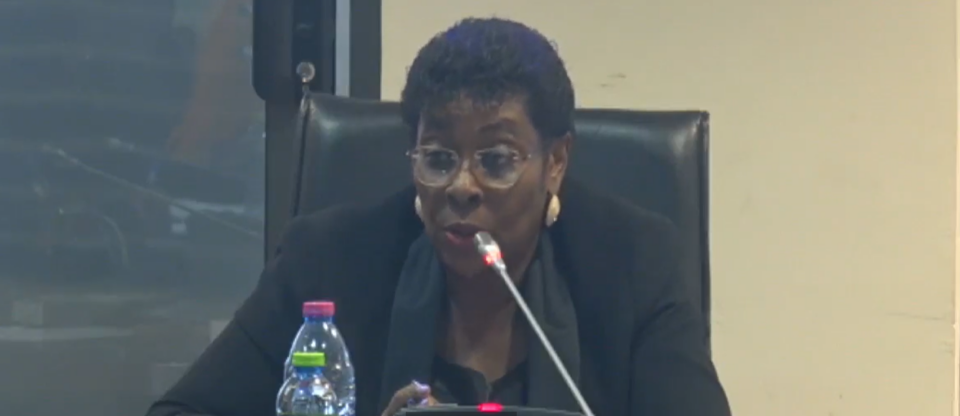A Supreme Court nominee, Justice Sophia Essah says the area of law clerking has not been properly institutionalised in the country.
During her vetting before the Appointment Committee on August 13, she emphasised that judges require significant assistance from law clerks for legal research on cases before them.
However, law clerking is not seen as an attractive option by most young law graduates, who are more interested in practicing law and earning money.
"In Ghana, law clerking has not been properly institutionalized and it is not likely that a young lawyer who has just come out of school looking for money and wants to practice would find it attractive to be a law clerk to any judge,” she stated.
Justice Essah pointed out that in other jurisdictions, such as the United States, law clerks for Supreme Courts are often selected from the top percentile of students from the best law schools.
In addition to her comments on law clerking, Justice Essah proposed several reforms to improve the judicial system in Ghana including:
- Digitalization of the Judicial System: The push to digitalize the entire judicial system aims to minimize face-to-face interactions between litigants, parties, and members of the judiciary. This move could streamline processes, reduce delays, and make the justice system more accessible and efficient.
- Expansion of Court Infrastructure: Although new courts have been established, there is a need for more courts to address delays in adjudication. This expansion would help manage the caseload better and ensure timely delivery of justice.
- Promotion of Alternative Dispute Resolution (ADR): ADR is encouraged as a cost-effective and mutually beneficial method of conflict resolution. It's seen as a win-win situation for the parties involved, offering quicker resolutions than traditional court proceedings.
- Transparency and Sensitization: Increasing transparency in court operations is crucial. Justice Essah also emphasizes the need for sensitization in the justice process, ensuring that the public, including those who speak local dialects or use sign language, can understand how judgments are reached.
- Responsiveness to Litigants' Needs: Courts should be more responsive to the needs of litigants and others seeking judicial services. This includes ensuring that the justice system is accessible, understandable, and efficient for all involved.
Latest Stories
-
Bawumia joins thousands in Kumasi for burial prayers for Ashanti Regional Imam
2 hours -
Blue Gold Bogoso Prestea Limited challenges government actions in court
3 hours -
Patrick Atangana Fouda: ‘A hero of the fight against HIV leaves us’
3 hours -
Trinity Oil MD Gabriel Kumi elected Board Chairman of Chamber of Oil Marketing Companies
4 hours -
ORAL campaign key to NDC’s election victory – North America Dema Naa
4 hours -
US Supreme Court to hear TikTok challenge to potential ban
4 hours -
Amazon faces US strike threat ahead of Christmas
5 hours -
Jaguar Land Rover electric car whistleblower sacked
5 hours -
US makes third interest rate cut despite inflation risk
5 hours -
Fish processors call for intervention against illegal trawling activities
5 hours -
Ghana will take time to recover – Akorfa Edjeani
6 hours -
Boakye Agyarko urges reforms to revitalise NPP after election defeat
6 hours -
Finance Minister skips mini-budget presentation for third time
6 hours -
‘ORAL’ team to work gratis – Ablakwa
6 hours -
Affirmative Action Coalition condemns lack of gender quotas in Transition, anti-corruption teams
6 hours

